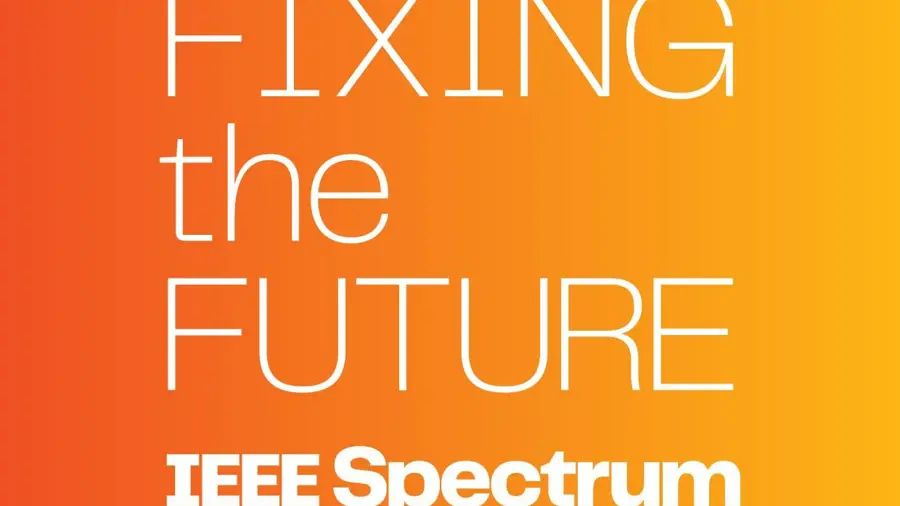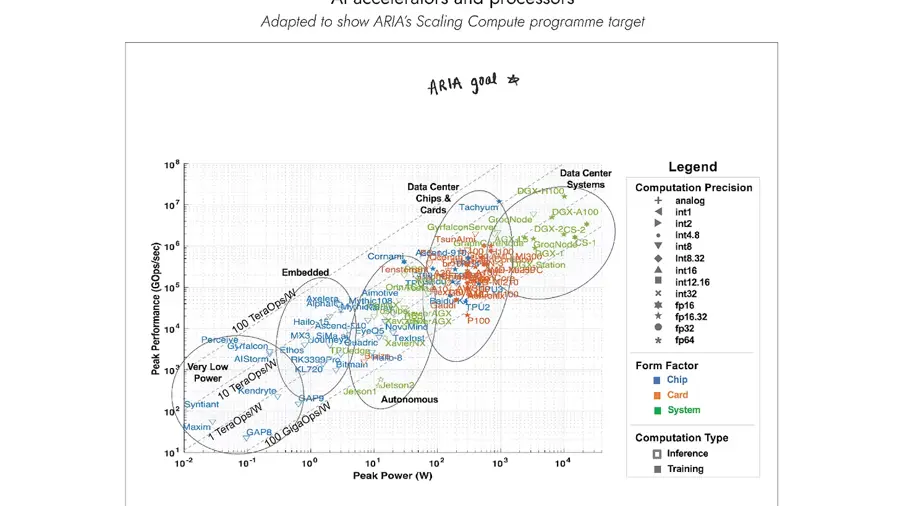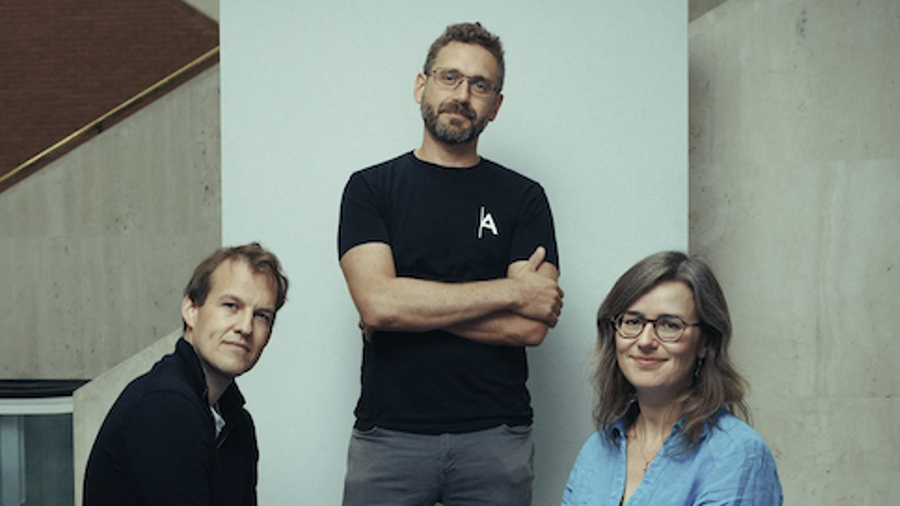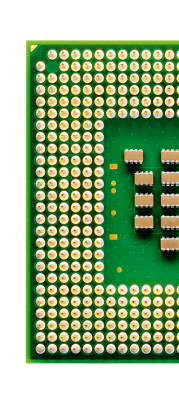
Nature Computes Better: Opportunity seeds
Opportunity seeds support ambitious research aligned to our opportunity spaces. We’re looking to challenge assumptions, open up new research paths, and provide steps towards new capabilities.
Can we redefine the way computers process information by exploiting principles found ubiquitously in nature?
From unravelling the basis of natural computation in single-celled organisms to demonstrating a commercially viable probabilistic processor, we're funding an array of projects, with up to £500k each, across individual research teams, universities and startups to maximise the chance of breakthroughs.
Meet the Creators
Cell Learning for Natural Computing
David Jordan, Independent researcher
Physically-Reconfigurable Computing: Learning how to learn
Neil Gershenfeld, Massachusetts Institute of Technology
(Bio)active Matter Based Computation
Juliane Simmchen + Kimia Witte, University of Strathclyde
Probabilistic Computing with Magnetic Tunnel Junctions
Shannon Egan, Brock Doiron + Ashraf Lotfi, Deep Science Ventures
Embodied Cognition in Single Celled Organisms
Kirsty Wan, University of Exeter
Analog and Digital Representation of Distributions of AI Computations
Phillip Stanley-Marbell, Signaloid
Creating Scalable Manufacturing for Optical Computing
Martin Booth, University of Oxford
Brain-inspired Polychromic Spatially Embedded Neuromorphic Networks with Unprecedented Memory
Danyal Akarca, Imperial College London
Lossy Computational Models
Viv Kendon + Susan Stepney, Universities of Strathclyde and York
Two-Point Neurons-Inspired Economic and Ethical Neuromorphic Co-Design
Ahsan Adeel, University of Stirling
"There is an urgent need for technology advancement in this area and there are many impressive ideas about how optical methods can be used to improve future computing technology."
Meet the programme team
Our Programme Directors are supported by a Programme Specialist (P-Spec) and Technical Specialist (T-Spec); this is the nucleus of each programme team. P-Specs co-ordinate and oversee the project management of their respective programmes, whilst T-Specs provide highly specialised and targeted technical expertise to support programmatic rigour.
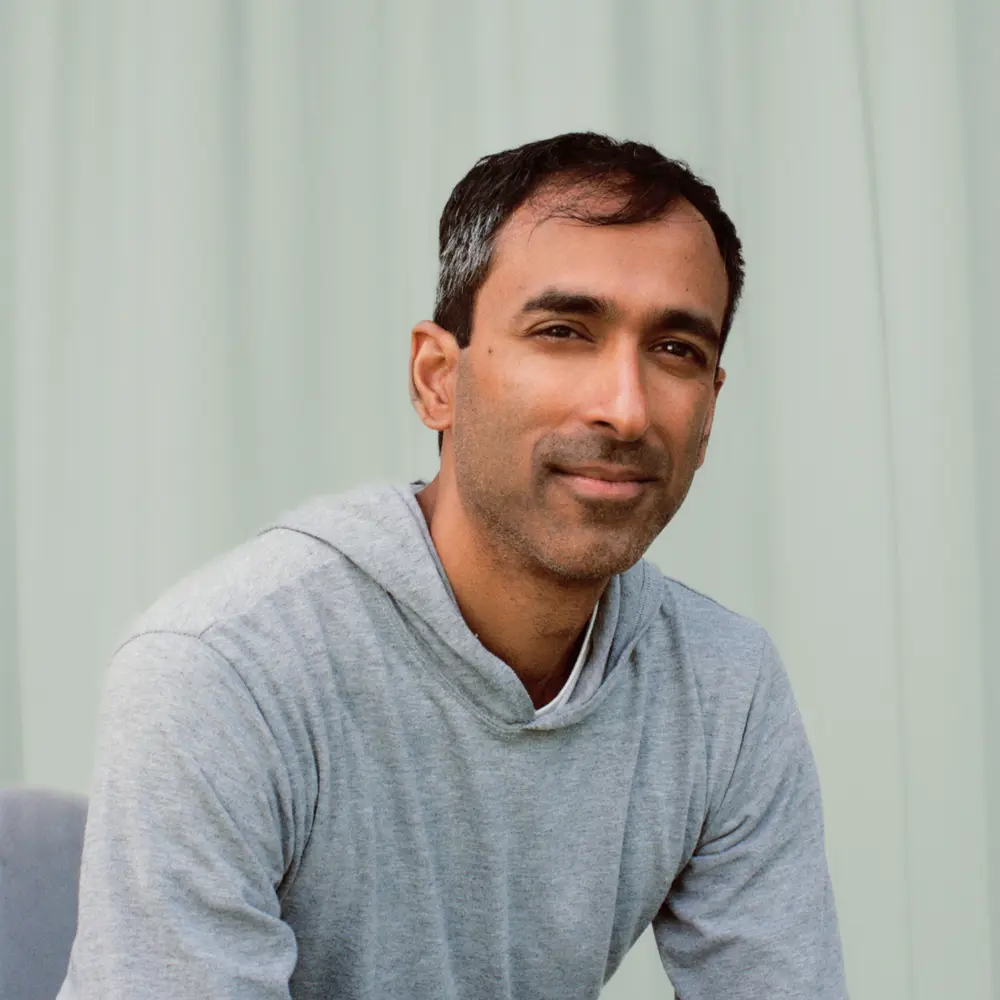
Suraj Bramhavar
Programme Director
Suraj is an electrical engineer. His work focuses on how we can redefine the way computers process information to build dramatically more efficient computers. Suraj joined ARIA from Sync Computing, where he was co-founder and CTO, which optimises the use of modern cloud computing resources.
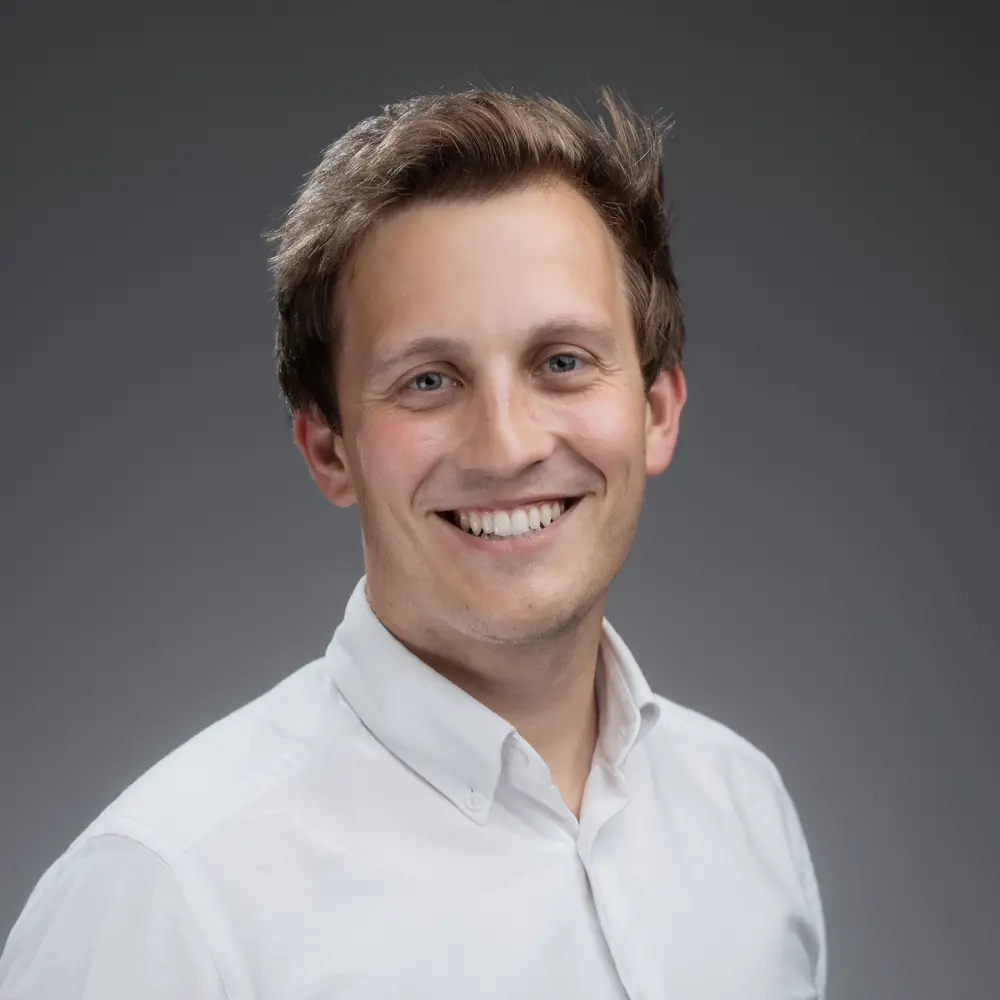
David Stringer
Programme Specialist
David trained as a chemist at UCL before working in materials science at Imperial College London, developing nanocarbon devices for sensing, photovoltaics, and energy storage. Prior to ARIA, he built sales and operations functions at early-stage startups focusing on physics-based software for automotive and consumer electronics industries. David supports ARIA as an Operating Partner from Pace.
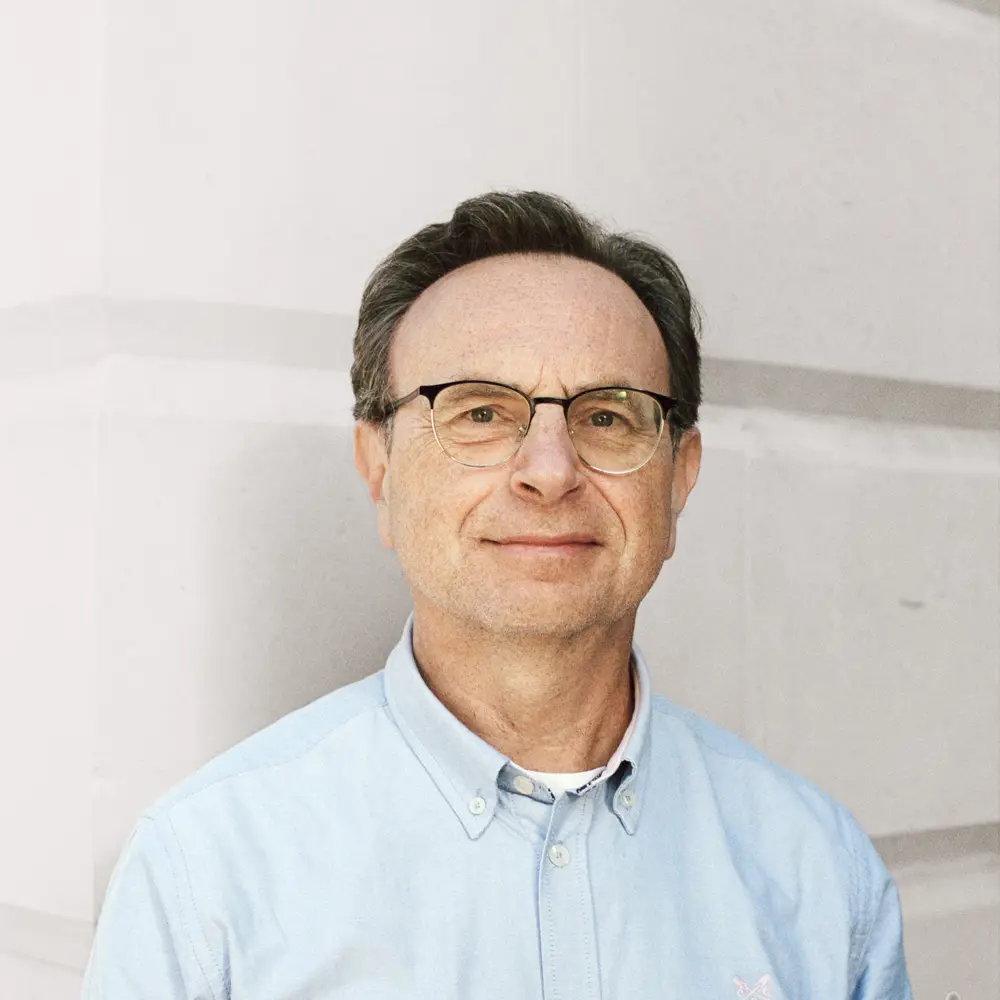
Paolo Toccaceli
Technical Specialist
Paolo is an electronic engineer by training, and has spent majority of his professional career in technical R&D roles for large high-tech companies, such as HP and Alcatel-Lucent. He returned to academia to earn a PhD in Machine Learning, then joined Graphcore, a startup that develops innovative AI hardware.

